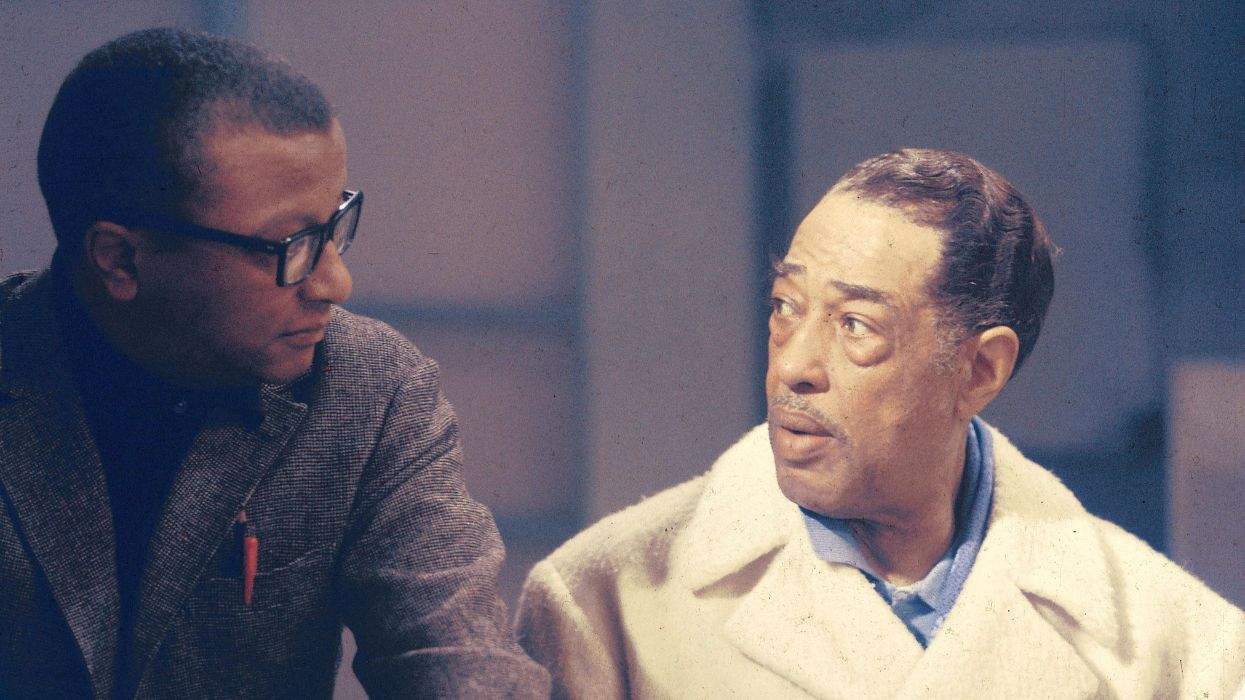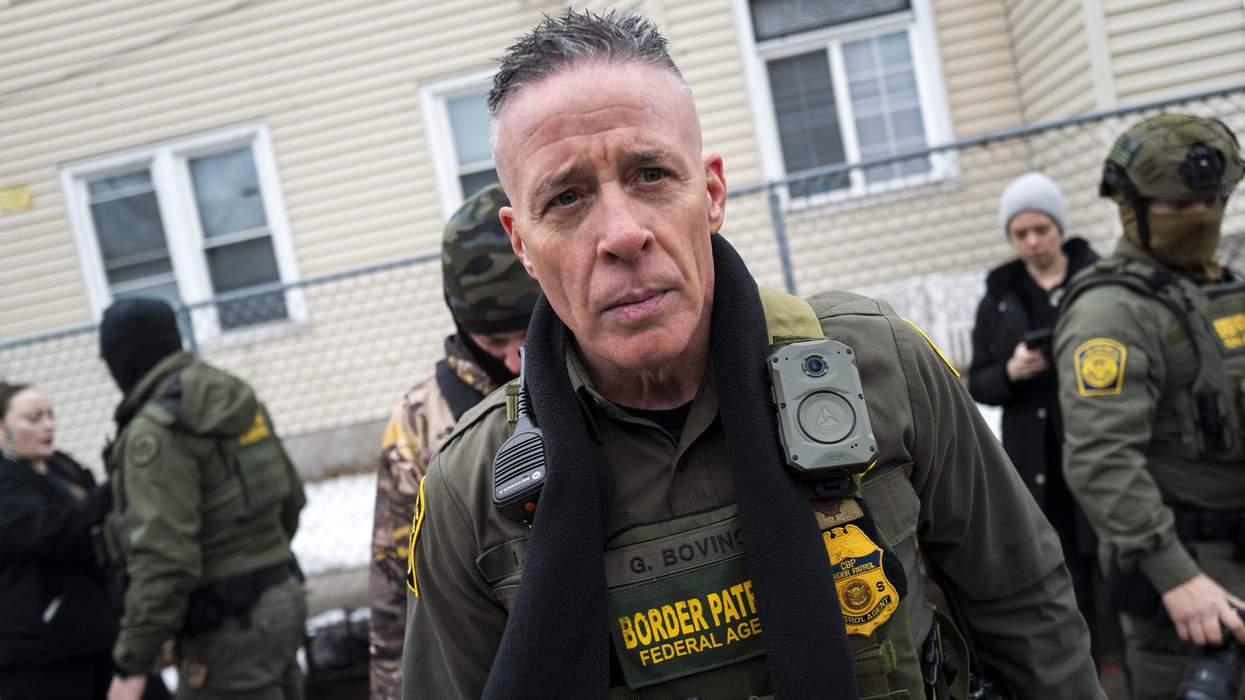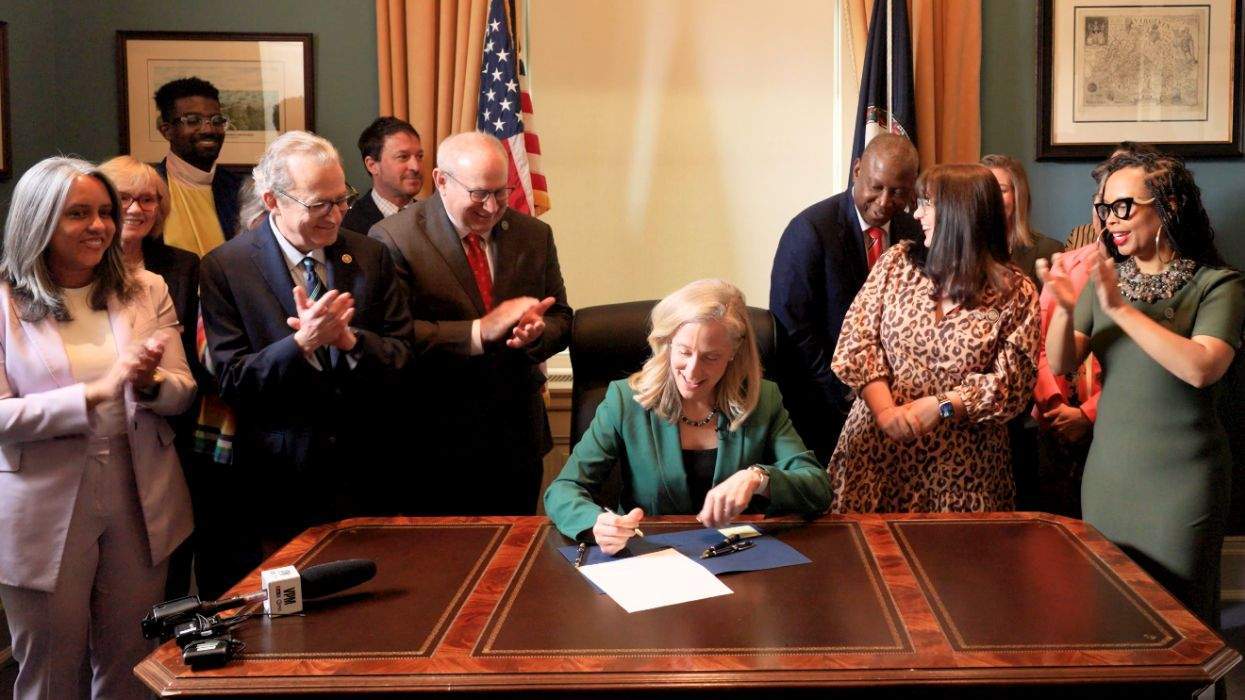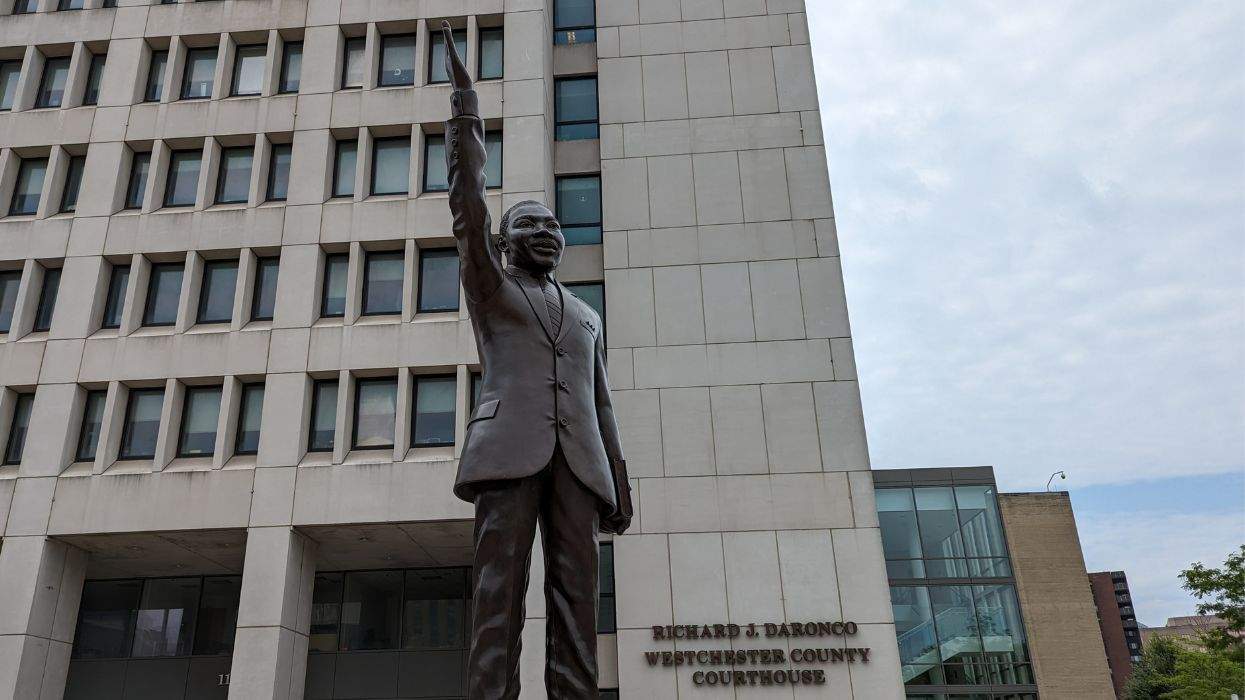The "don't ask, don't tell" policy is in flux Wednesday after federal judge Virginia Phillips issued an immediate worldwide injunction on investigations and discharges under the policy on Tuesday.
The White House and the Department of Defense are consistently referring reporters to the Department of Justice, which has not yet sought a stay on the injunction, though most observers believe the Justice Department will do so Wednesday. (UPDATE: The Washington Post reported Thursday morning that the administration is "expected" to appeal and CNN reported Wednesday afternoon that "senior administration officials" have confirmed the same.)
A spokesperson for Justice Department told this reporter to stay tuned Wednesday morning, but said nothing more.
The Pentagon, which should presumably be abiding by the new injunction, offered little insight as to how the marching orders for the military may have changed since yesterday.
"We are now studying it and we will be in consultation with the Department of Justice," Cynthia Smith said about an Advocate inquiry regarding Defense Department compliance with suspension of the policy. "I would refer you to DOJ regarding any potential future litigation."
But Defense secretary Robert Gates warned reporters traveling with him in Asia that allowing a federal judge to halt the ban could be highly detrimental to the military.
"I feel strongly this is an action that needs to be taken by the Congress and that it is an action that requires careful preparation and a lot of training," Gates said. "It has enormous consequences for our troops."
At the White House, press secretary
Robert Gibbs took a barrage of questions related to the new terrain at
an off-camera gaggle Wednesday morning that lasted about an hour.
Gibbs
said he had spoken with President Barack Obama about the injunction but
echoed Gates's sentiments that the president prefers to end the policy
in "an orderly fashion."
"The president strongly believes that
the current policy is unjust, that it's detrimental to our national
security, that it discriminates against those who are willing to die for
their country, and the president strongly believes that it's time for
this policy to end," said Gibbs. "The best way to end it is for the
Senate to follow the lead of the House of Representatives so that that
end can be implemented in a fashion that's consistent with our
obligation to fight in two wars."
But Gibbs added that the policy's days are waning.
"The courts have demonstrated that the time is ticking on the policy of 'don't ask, don't tell,'" he said. "It is not whether, but it's the process of how."
In
response to a question about the potential political implications of
"dampening enthusiasm in the LGBT community" to Democrats in the
midterms if the administration continues to defend the policy, Gibbs
recounted the history of Obama's opposition to the policy since 2004
when Gibbs first started working for the then-U.S. senator.
Gibbs
said he had not discussed the president's beliefs about the
constitutionality of the policy, although President Obama did suggest he
believed the policy to be constitutional during an interview with CNN last year.
"If Congress passes a law that is constitutionally valid, then it's not appropriate for the executive branch simply to say, we will not enforce a law," Obama told Anderson Cooper.
To see a transcript of Gibbs's Wednesday morning briefing with reporters regarding DADT, click here.















Charlie Kirk DID say stoning gay people was the 'perfect law' — and these other heinous quotes
These are some of his worst comments about LGBTQ+ people made by Charlie Kirk.